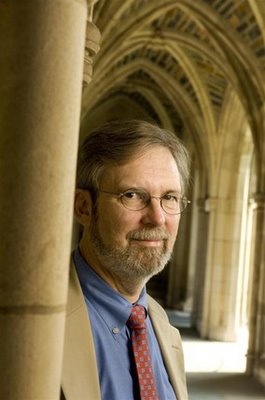Tag: 05 Trinity
Reformation Day Lectures on Ephesians at Covenant College (Webster, 2008)
Three lectures on Ephesians and the work of the Triune God from Covenant College as iTunes Podcasts
Jurgen Moltmann – Trinity and Suffering (Webster, 1985)
Problems with Perichoresis (Crisp, 2005)
Foreword to “Trinitarian Theology after Barth” (Webster, 2012)
Equus: Human Conflicts and the Trinity (Hays, 1977)
Shaffer’s play may render another service. It alerts us to the danger of misunderstanding the doctrine of the Trinity. Such a misunderstanding is easy, for the language of the church fathers who formulated this doctrine was different from ours, and it defies simple interpretation. This is not the place for a disquisition on the Trinity. One might only suggest that Equus prompts us to look again at the mystery of Christian faith through the analogy of parental, filial and professional conflicts.
God the Father is not the symbol of paternal tyranny, as feminist theologians have sometimes claimed, or as post-Schleiermacher Protestant idealism — paradoxically followed by Freud and Jung — has maintained. These erroneous views of God abusively separate the New Testament from the Old Testament and misinterpret both. God the Father maternally provides and nurses, judges and forgives.
God the Son is not an androgynous youth, fuzzily playing at the extension of consciousness, or a Marxist rebel, compounding injustice in the name of justice.
God the Spirit does not overwhelm with emotional intoxication — although visionary trance and speaking in tongues may have their place in situations of exceptional extremity. The Spirit is the Comforter — that is to say, the Fortifier of communal bonds and the Authenticator of knowledge.




